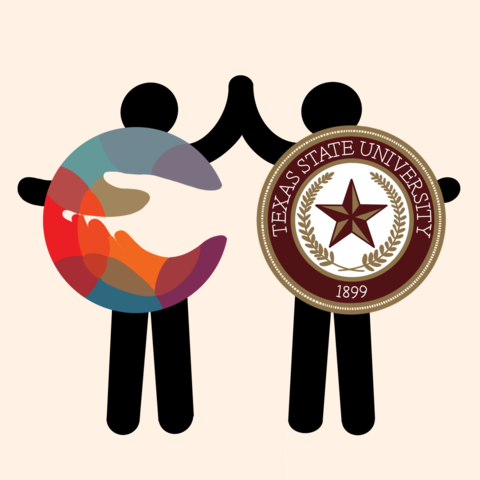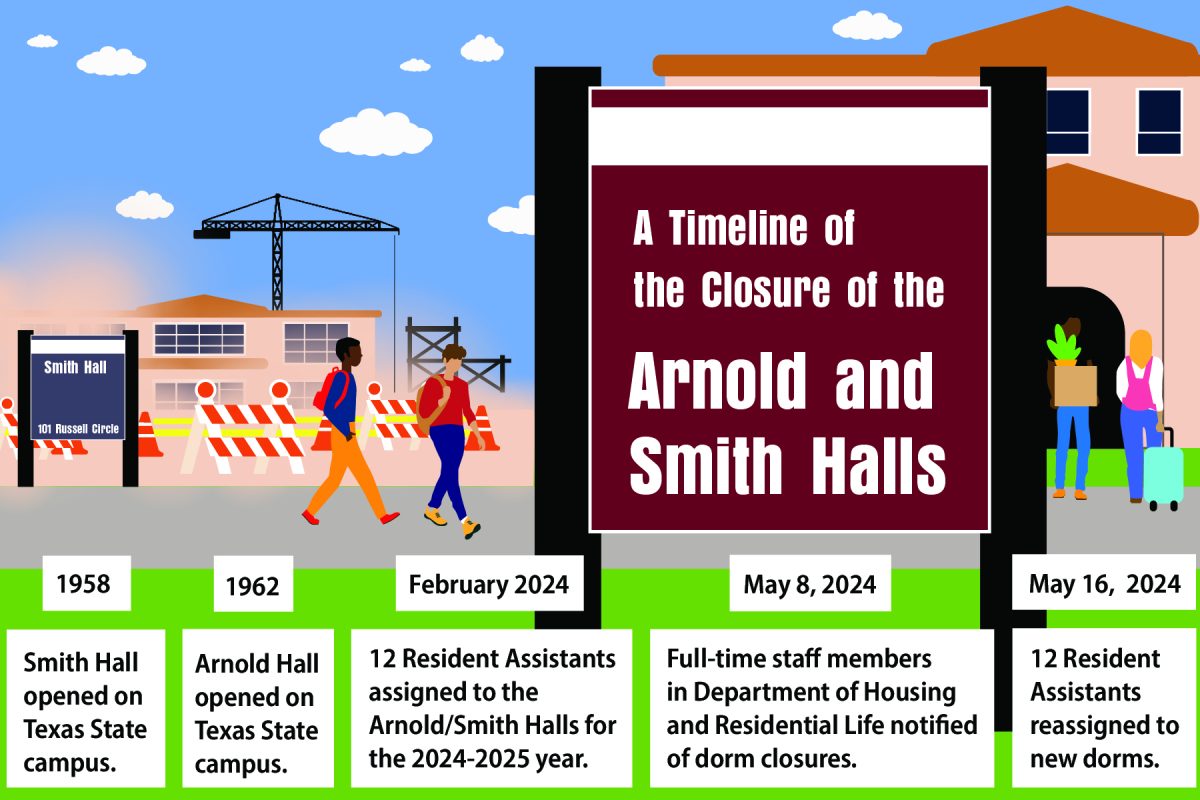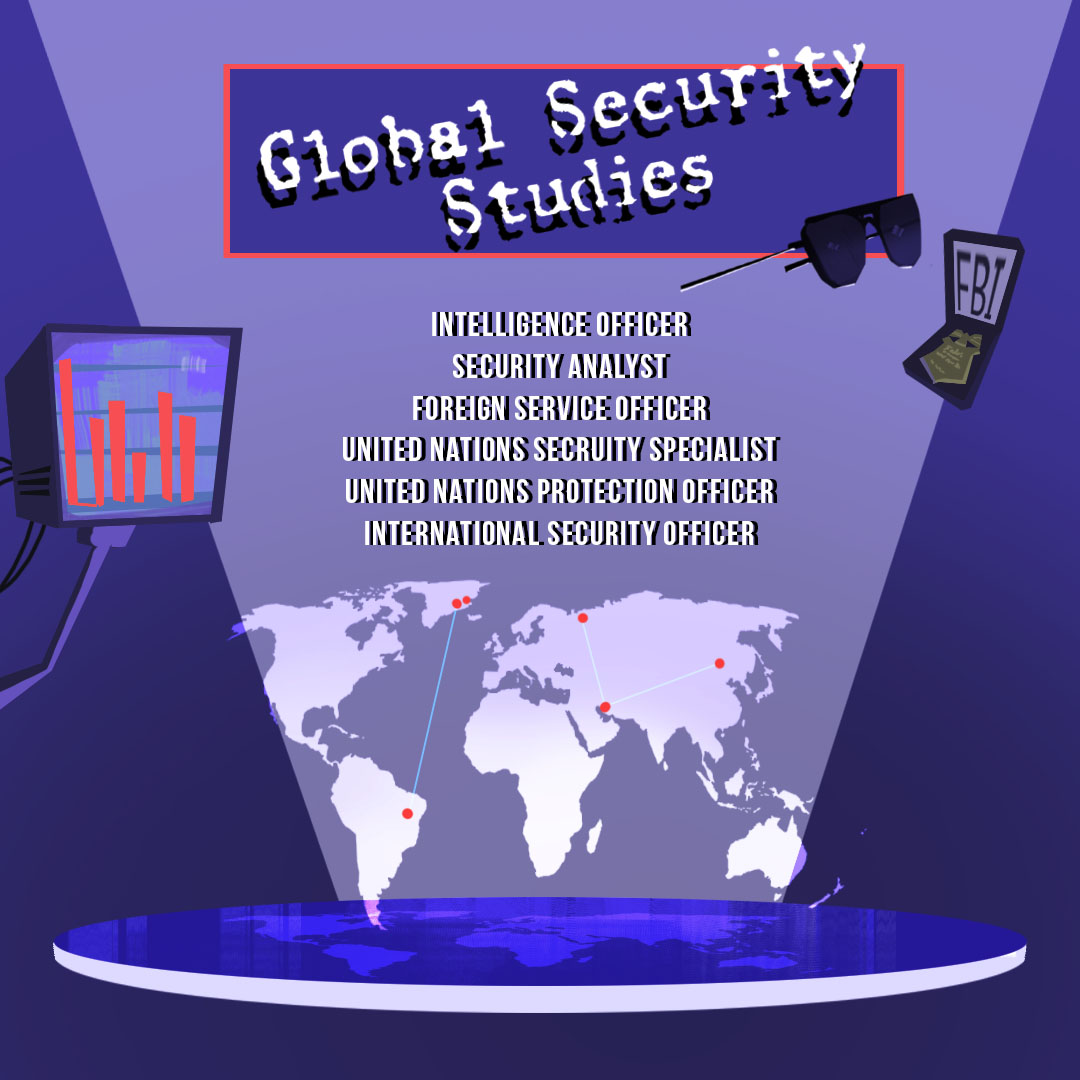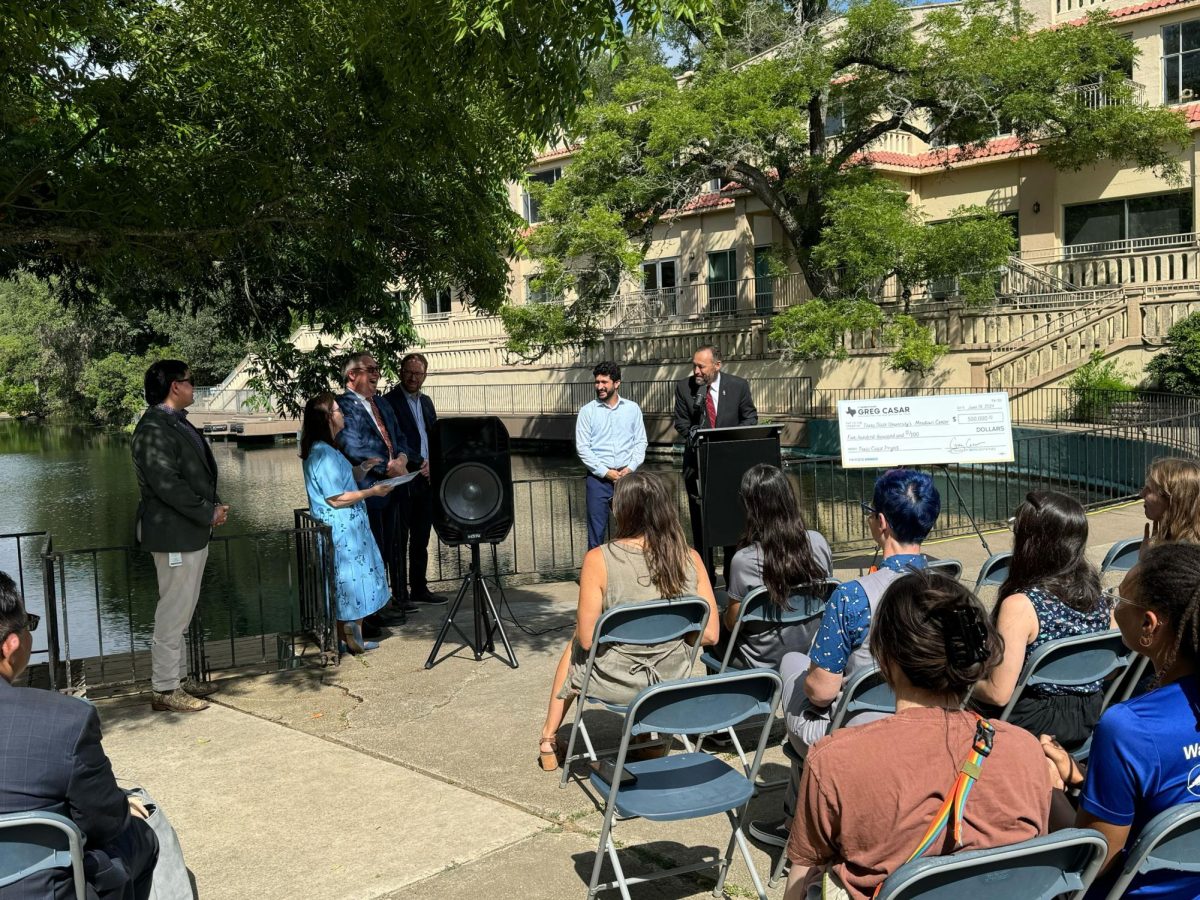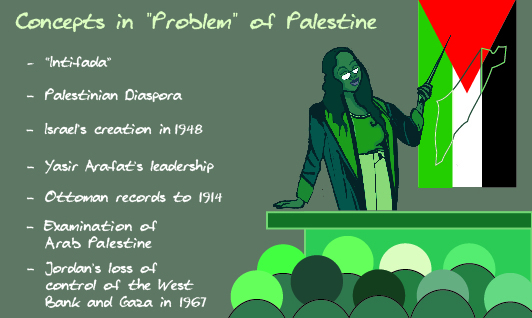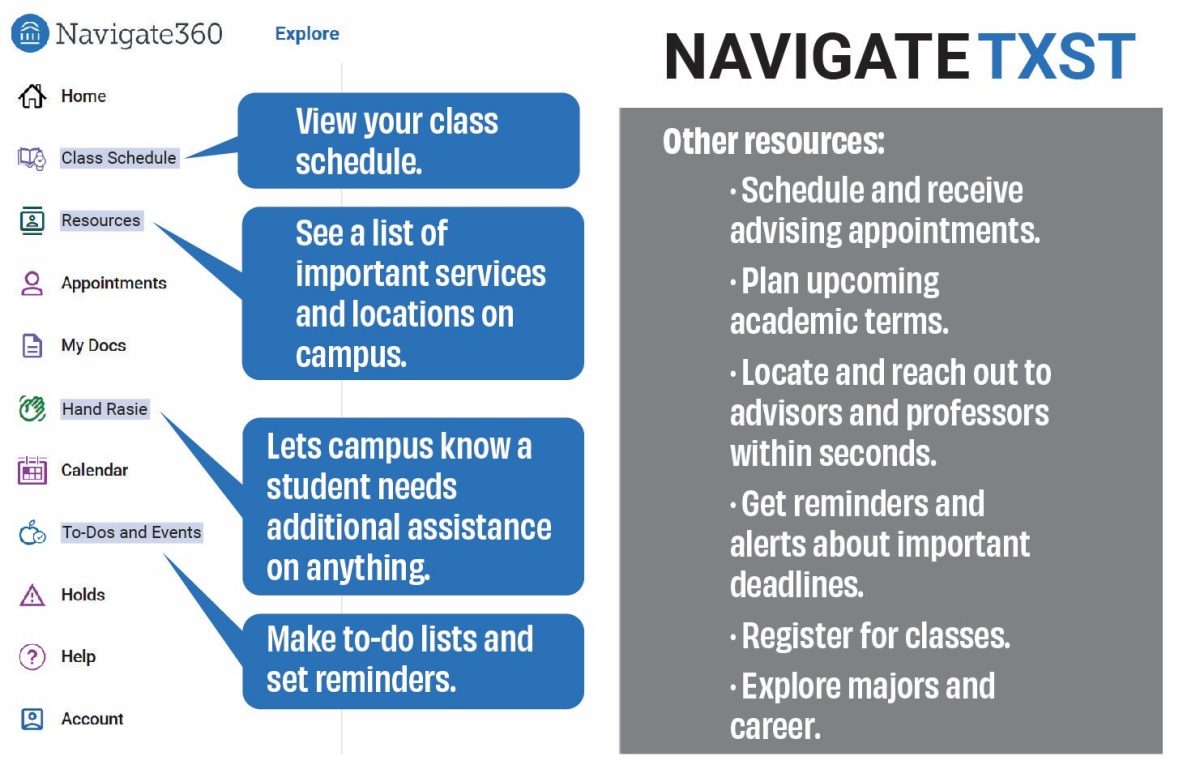Texas State will work with Life Anew, a restorative justice organization, during the spring semester to advance internal inclusion and understanding across campus.
In finalizing its search for a non-profit organization to collaborate with, Texas State decided to invite Life Anew to conduct cohorts of staff, faculty, students and Texas State organizations. The groups will discuss topics of cultural differences, biases, awareness, growth and more.
Initially an idea from the Office of Institutional Inclusive Excellence, the agenda was to hire an organization with experience in boosting and repairing relationships within communities. The University Police Department’s (UPD) Chief of Police Laurie Clouse says Life Anew was later suggested by Frank Rodriguez, a lieutenant at UPD.
“Frank Rodriguez joined us from the Austin Police Department, and Austin had done some work with Life Anew and Frank knew about their success, as far as working with the community and law enforcement to build relationships, to build trust so that you can establish legitimacy with the community that you serve,” Clouse says. “So, Frank made an introduction to Life Anew and after talking with them it seemed like something that would be very beneficial to not just UPD but to the institution as a whole.”
The university has a history of altercations between students of color and campus police, most recently dating back to May 2019 when four students were arrested during a protest on campus. Some students have, at times, felt like they have been targeted for their efforts toward change on campus.
It was important to have a group from outside the university come in to act as unbiased mediators, says Dr. Sherri Benn, Texas State’s assistant vice president for the Office of Institutional Inclusive Excellence – Student Initiatives.
“They’ve got some experience that is national level; they’ve got experience at local levels, and they’ve got experience within the state,” Benn says. “So, instead of taking the approach, ‘well we know what’s best, about, you know, everything,’ we don’t. We know what our intentions are and what we want from our students and now what we want is to have some experts come in and help us to better define what equitable relationships would look like and be like, structurally.”
Benn says it was also imperative for everyone to feel included in the groups and at the university.
“It’s a process that we’re engaging with the whole campus, but with students’ experiences as the central focal point, creating the kind of campus where our students, all of our students, feel like this is their campus. They belong here. They matter. They are valued, they have a voice, they’re listened to and we respond to them, not just listen, but we listen for the purpose of responding to their needs and concerns,” Benn says.
The groups will start small, only involving persons who are part of the same organization and who share a similar reason to partake in the cohorts, says Dr. Dana Fitzpatrick, Texas State’s coordinator of diversity and inclusion for the Office of Institutional Inclusive Excellence – Student Initiatives. Later, the groups will move their way up and break apart, talking among other groups.
“They’ve developed cohorts of groups that span from students as well as faculty and staff,” Fitzpatrick says. “Within these cohorts are just, meaningful, guided conversations that address specific issues, past harm and explore those feelings and getting to, really to, what would be a metric for success, like how do we begin to address those inequities, specifically…Life Anew is taking that, analyzing that data and reporting back to the university what they’ve discovered.”
The groups will have students, faculty and staff from organizations across campus, such as the President’s Cabinet, Faculty Senate, Hispanic Policy Network, Student Government and various Black, Latinx and LGBTQIA+ student groups. Benn says having every person involved allows for a bigger scope of understanding and creating solutions.
“At Texas State, what we’ve decided is, you know, we might not be able to fix the world, but we do have a responsibility to fix our little piece of the world and do what we can with our little piece of the pie,” Benn says. “So, that’s the commitment that the university is making and we decided, you know, what it’s worth paying and bringing somebody from the outside.”
UPD will be one of the groups participating in the collaboration with Life Anew. Clouse hopes being a part of this process will better the police department’s relationship with the university community and also show transparency.
“What UPD is hoping to do is to have authentic relationships with our community and by authentic, I guess you could replace that word with genuine,” Clouse says. “We want to get to a place where our students and our faculty and our staff feel comfortable talking to us when they have a concern, or they have a question about policing or something they might see happening on campus.”
Evan Bookman, the president of both Black Presidents Council and Texas State’s National Association for the Advancement of Colored People (NAACP), believes students should take the opportunity to talk with organizations if they feel it will help.
“I think bringing in Life Anew, I think that would be good in terms of, like, an individual level, at least between students and faculty, staff,” Bookman says. “I think there’s like a lot of conversations that need a good mediator or facilitator that can empathetically and unbiasedly, you know, hear both sides and be able to, take the time to understand both sides. I guess just to allow productive conversation.”
However, Bookman believes that not only UPD but police departments as entities are unable to fulfill needed roles. He says he does not see himself finding solutions in the groups Life Anew has established.
“In terms of UPD, for me personally, I don’t really see talks with them being beneficial because I’m coming from an abolitionist view to where I don’t want them on campus anymore,” Bookman says. “That’s where I’m coming from. As we [have] seen after the death of George Floyd and Breonna Taylor, my beliefs, you know, over the summer back in the last spring, and even before there’s been this growing movement to defund and even dismantle police departments across the country, and that’s also trying to be done on various college and university campuses.”
While Clouse says UPD is making efforts to conduct more training and to give the public access to the department’s racial profiling reports and use of force reports, she believes being involved in the cohorts will give UPD a chance to show the community that officers want to listen to the people they are protecting and not only police them.
“Because we have an enforcement role, it always puts us at odds with the community,” Clouse says. “Anytime we take an enforcement role, people always question that and that’s okay; I don’t think that’s the problem. It’s about understanding kind of what that process looks like, and why we do what we do, how we do what we do, and I think another important part of what this work is that we’re going to be doing is the listening component.”
Clouse believes working with Life Anew, in the end, will be a great way for everyone to find justice and be heard.
“It’s an opportunity for the people who feel harmed and for everybody to come to the table, the victim, the offender and things like that to come to the table and talk about what happened and how we go forward,” Clouse says. “I think that piece, I’m hoping that’s going to be a lasting thing.”
Texas State partners with Life Anew to restore campus relationships
February 23, 2021
Donate to The University Star
Your donation will support the student journalists of Texas State University. Your contribution will allow us to purchase equipment and cover our annual website hosting costs.











